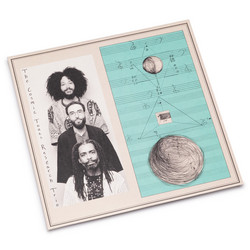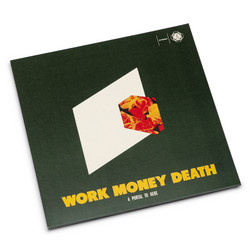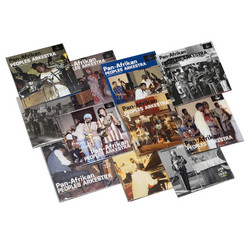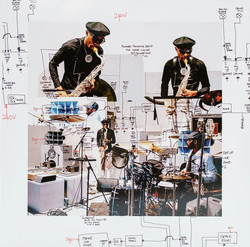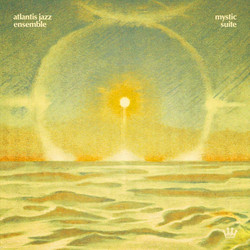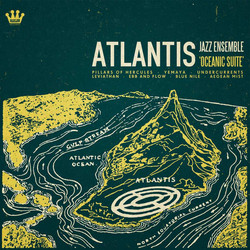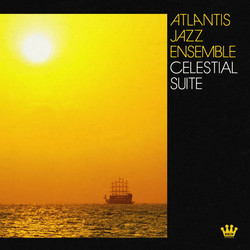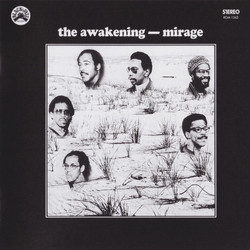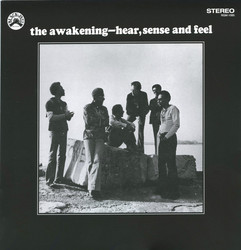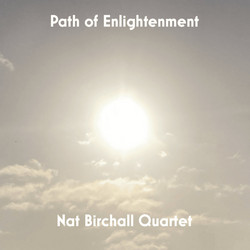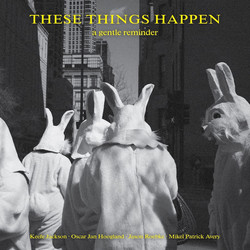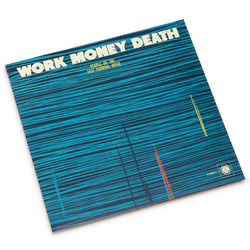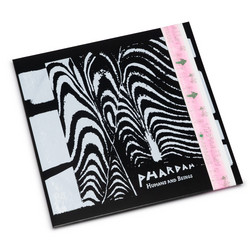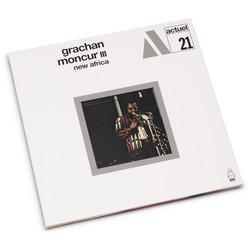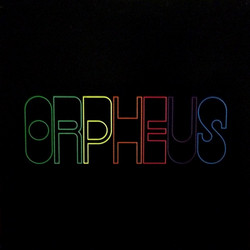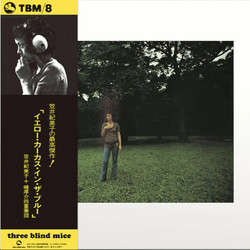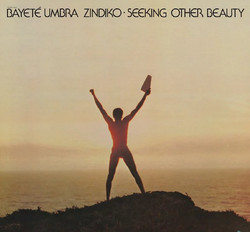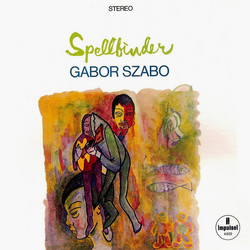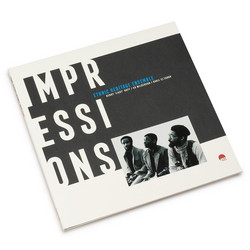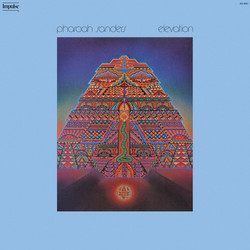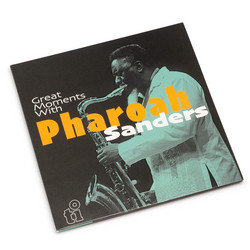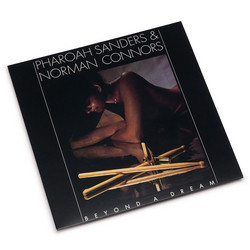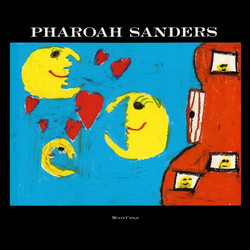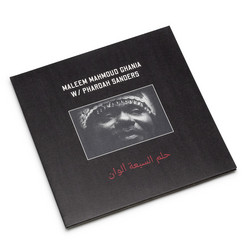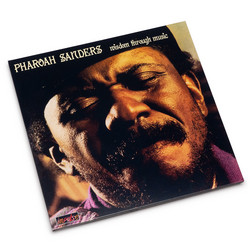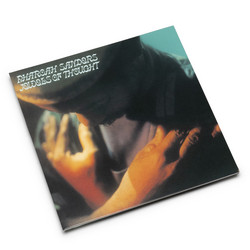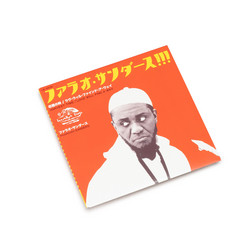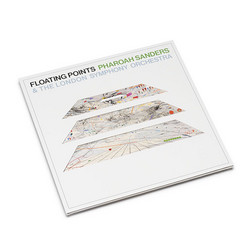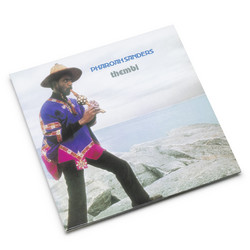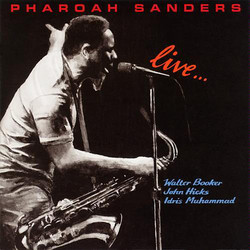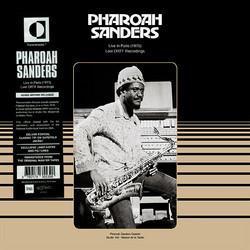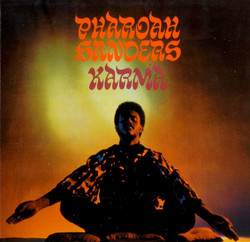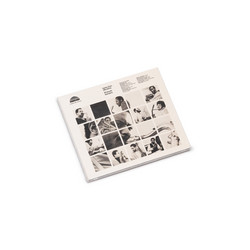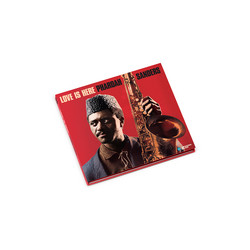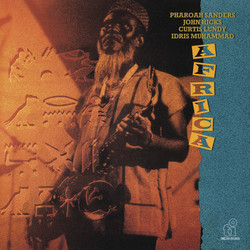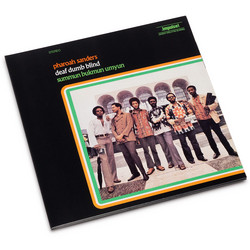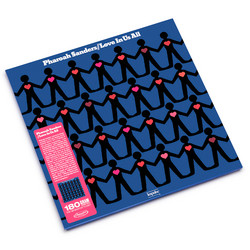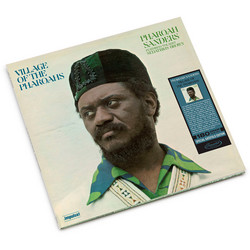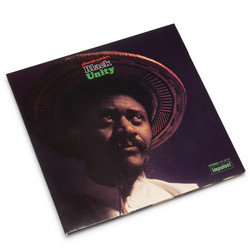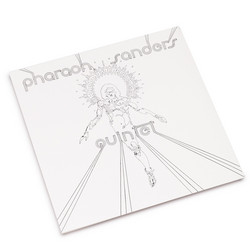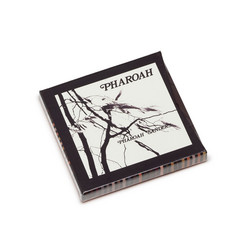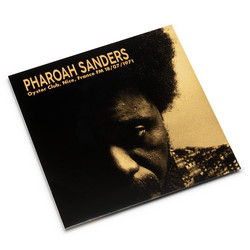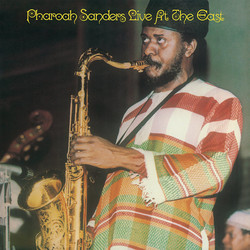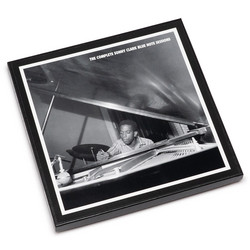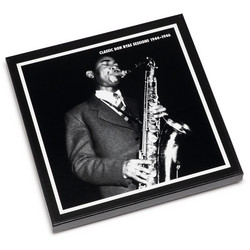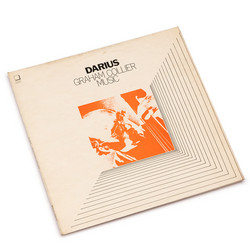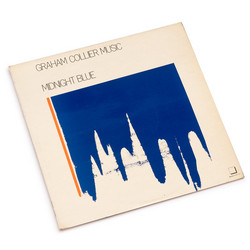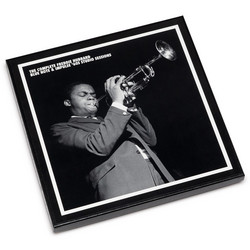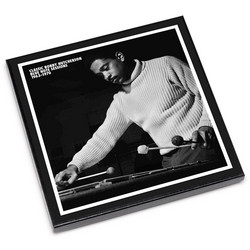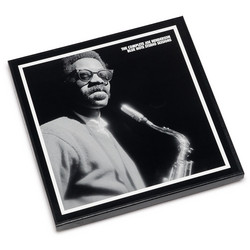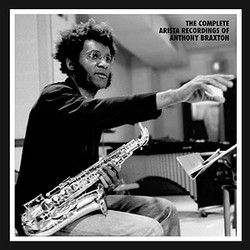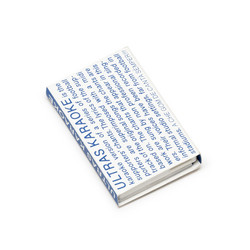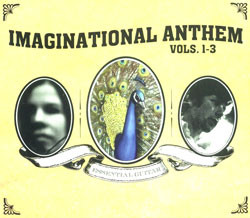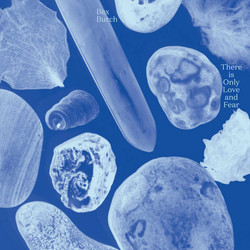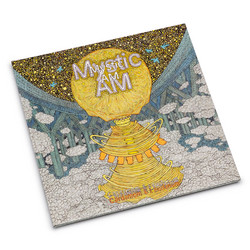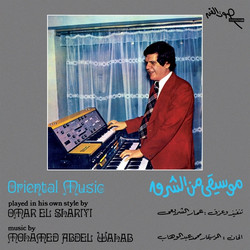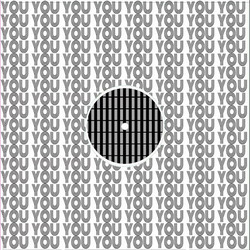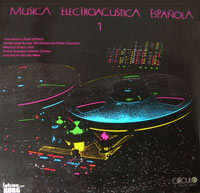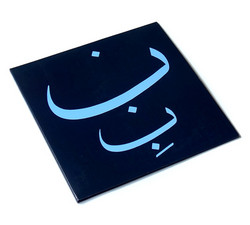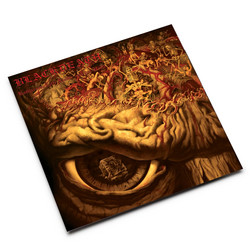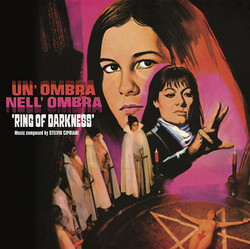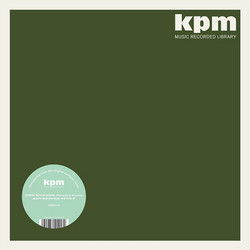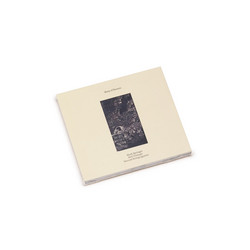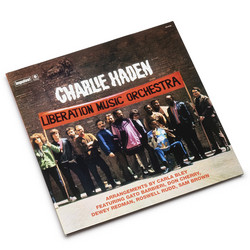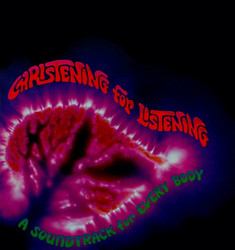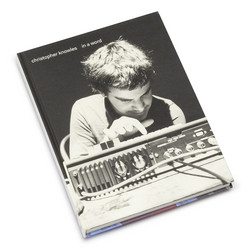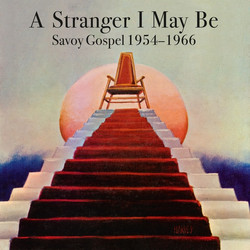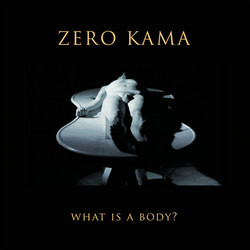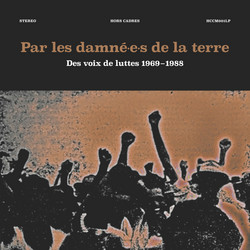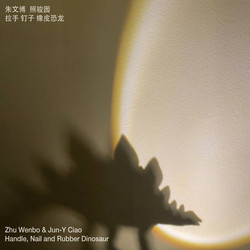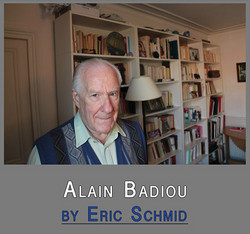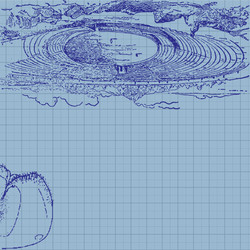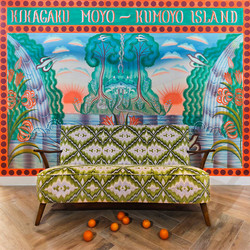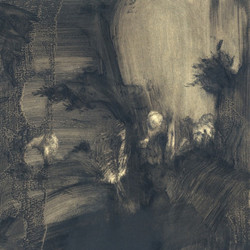Pharoah Sanders
The Complete Pharoah Sanders Theresa Recordings (7CD Boxset)
When A.B. Spellman called the young Pharoah Sanders "the damnest tenor player in the English language," describing sounds "thrown out of the bell with jet force and a shrapnel edge," he was witnessing the birth of a revolutionary voice. By age 25, Sanders had already carved his place among jazz's most consequential figures. By 30, his masterwork "The Creator Has a Master Plan" was widely considered among the most important jazz recordings ever made. But what happens after you've already changed the world? The Complete Pharoah Sanders Theresa Recordings answers that question with seven discs of music that reveal an artist refusing to rest on past achievements. Recorded between 1980-1987 for the visionary San Francisco Bay Area label, these sessions capture Sanders in profound transition - not abandoning his revolutionary spirit, but expanding it into new territories of expression.
This is Sanders brokering what one could call a "compelling truce with tradition" without sacrificing his avant-garde credentials. Where critics have sometimes dismissed his 1980s work as a "rethinking period" - implying retreat from earlier intensity - the music itself tells a different story. These recordings demonstrate that evolution need not mean compromise, that accessibility and adventure can coexist within the same artistic vision. The Theresa years reveal Sanders exploring what he called his "warm side," integrating ballad sensibilities with the spiritual fervor that defined his groundbreaking work. As Sanders himself reflected: "I just wanted people to feel like I had a warm side, too, not just playing one kind of a thing. I like to play some inside things and some very colorful type of music. I'm still not all the way in. I'm still a little out with a lot of things."
The collection showcases Sanders working with an extraordinary roster of collaborators. Pianist John Hicks appears throughout as a long-time musical ally, while bassists Ray Drummond and Walter Booker provide unshakeable foundations. Drummers Idris Muhammad and Billy Higgins contribute their distinctive approaches to swing and groove. Guest appearances by vibraphonist Bobby Hutcherson, trumpeter Eddie Henderson, the legendary Elvin Jones, and vocalist Leon Thomas elevate these sessions to essential status. The music ranges from explosive torrents like "You've Got to Have Freedom" to the private serenity of "Kazuko," from Sanders's stunning interpretation of Coltrane's "After the Rain" to explorations incorporating Indian instruments and textures. Whether approaching Rodgers and Hart standards or original compositions celebrating African musical traditions, Sanders and his collaborators remain "strong, confident, and muscular when need be, soothing and tender when the song demands."
Standout performances include a 22-minute version of Coltrane's "Olé" that ranks among Sanders's most dynamic Theresa recordings, featuring the kind of stamina and ferocity that recalls his purification ritual performances of the 1960s and '70s. The spiritual invocation "Greeting to Idris" demonstrates Sanders's ability to build thundering climaxes while remaining wedded to melody and harmony in ways that were revolutionary for their integration of inside and outside vocabularies.
Definitive Sonic Presentation
This Mosaic Records release represents the most sonically faithful presentation of Sanders's 1980s output, utilizing hi-res 24-bit/192 kHz transfers from original analog master tapes. The exclusive brochure includes vintage photos, complete session discography, and an illuminating essay by jazz writer Mark Stryker exploring Sanders's historical significance and the technical innovations behind his extraordinary sound. Long out of print and unjustly overlooked, Sanders's Theresa recordings deserve recognition as more than mere historical footnotes. They represent artistic growth and consolidation - a personalized merger of mainstream and avant-garde vocabularies that opened an aesthetic lane Sanders would inhabit for the rest of his career.
As John Coltrane once observed: "Pharoah is a man of large spiritual reservoir. He's always trying to reach out to truth... He is one of the innovators, and it's been my pleasure and privilege that he's been willing to help me."
The Complete Pharoah Sanders Theresa Recordings stands as proof that innovation never stops, that the most revolutionary artists continue pushing boundaries even when working within seemingly familiar frameworks. This is essential listening for understanding the full scope of one of jazz's most important voices.


